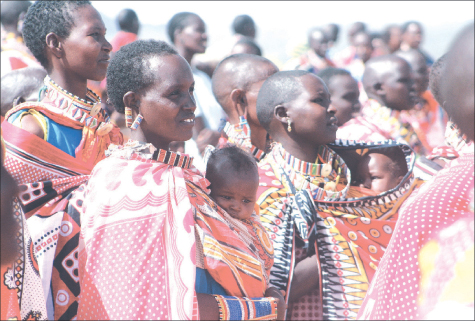×
The Standard e-Paper
Kenya’s Boldest Voice
 |
| The rate of infant mortality in Narok county is decreasing after more women have started giving birth in hospitals |
By Kipchumba Kemei
About 90 per cent of child births in Narok County are done by traditional birth attendants.